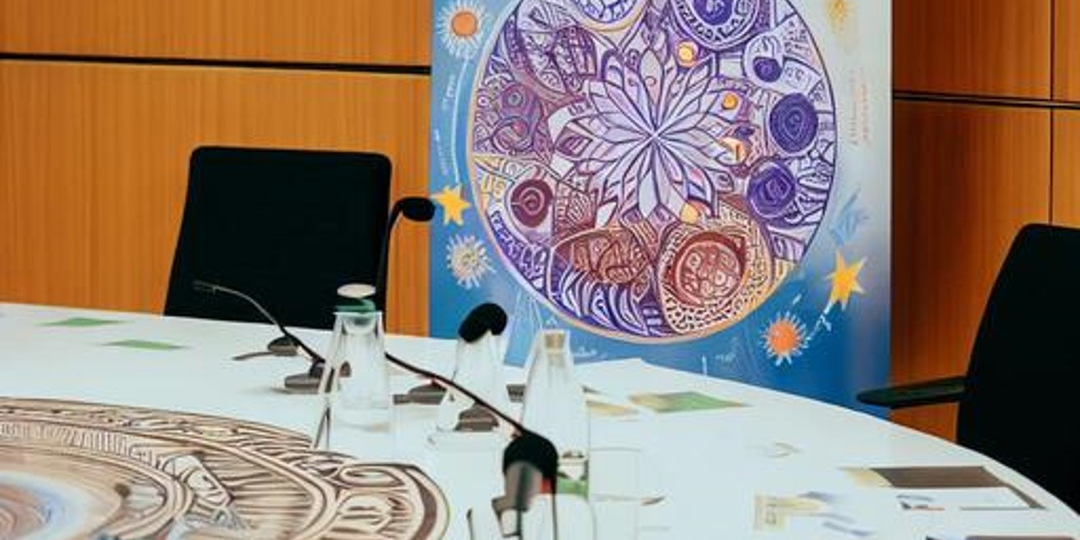
The interest group on integrative medicine and health brings together members of the European Parliament who have been working collectively since 2019 to promote the inclusion of integrative medicine in all public health policies of the European Parliament. They aim to establish a sustainable dialogue with the Commission and the Council, organizing at least one roundtable discussion per year with stakeholders to present and discuss the integration of complementary and conventional methods.
This year, the organizers of the Icim Congress will also participate in the upcoming roundtable, which will be held at the European Parliament on June 7, 2023. The event will focus specifically on some of the challenges facing EU healthcare systems, such as antimicrobial resistance (AMR), non-communicable diseases, availability and freedom of choice in healthcare, neurological diseases, palliative care, healthy aging and lifestyles, and high healthcare costs.
This inclusive approach meets the demands of EU citizens, who have repeatedly shown a preference for a holistic, patient-centered approach. “Homeopathic medicines improve the quality of life of cancer patients by at least 55%,” to the point that “60% of Europeans, especially children, use homeopathy not as an alternative but as an integration with traditional treatments.” Simonetta Bernardini, President of the Italian Society of Homeopathy and Integrative Medicine and Head of the Integrative Medicine Center at the Pitigliano Hospital, Europe’s first with homeopathy in its wards, explains this.
However, this strong demand is not yet reflected in EU policies or healthcare offerings of individual member countries. The regulation of complementary and alternative medicine (CAM) practice varies widely in Europe, with significant differences in terms of who can practice complementary medicine, what qualifications are required, and how services are offered and financed. These discrepancies mean that citizens experience practical and attitudinal barriers that limit their access to and utilization of traditional, complementary, and integrative medicine (TCIM).
The healthcare sector in EU member states is facing considerable challenges such as antimicrobial resistance (AMR), the increasing prevalence of non-communicable diseases (NCDs), and rising costs. Complementary medicine can make a significant contribution to addressing these challenges.
Internationally, “integrative oncology” refers to evidence-based cancer treatments implemented through a multidisciplinary and personalized approach that combines conventional anti-tumor treatments with complementary therapies and the adoption of healthy lifestyles. The objective is to strengthen empowerment and the proactive role of the individual, improve health and quality of life, and reduce the side effects of oncological therapy. The choice to add integrative medicine to Oncology Departments represents a significant element of innovation in the healthcare field.
Stay tuned for new topics on Integrative Medicine and don’t miss the opportunity to attend ICIM 2023, because these topics will be covered in depth.